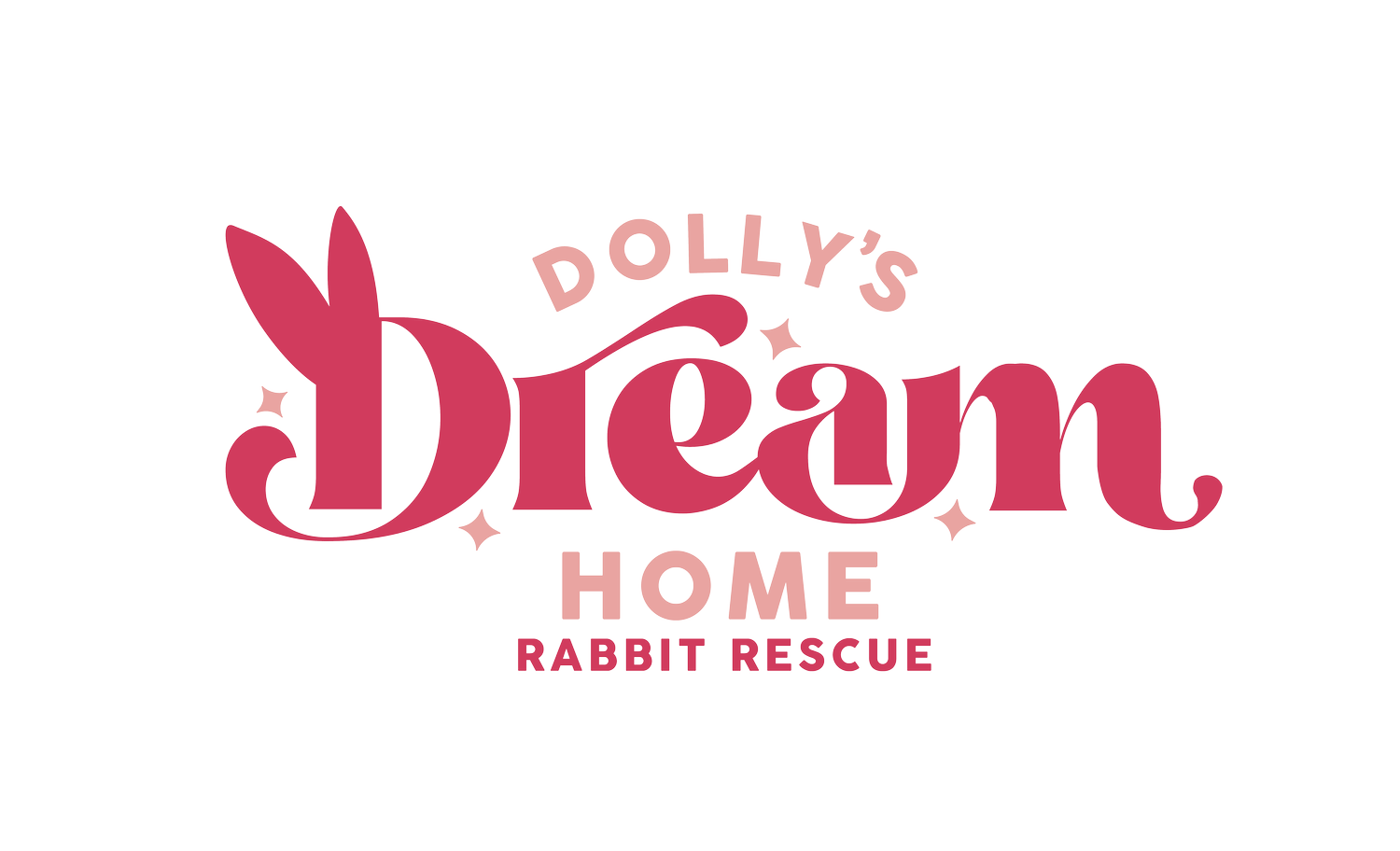Diet
Let's explore the dietary needs of rabbits in detail!
When it comes to rabbit nutrition, there are 4 essential components to consider:
Unlimited Hay: Hay should constitute 80% of a bunny's diet. It is crucial to provide them with unlimited access to hay as it aids in digestion and prevents gastrointestinal stasis. For adult rabbits, timothy hay or orchard grass is recommended. Alfalfa hay can be given to babies, nursing mothers, or under veterinary guidance to prevent bladder sludge.
Nutritious Pellets: Alongside unlimited hay, rabbits should receive an average of 1/4 cup of pellets per day to ensure they obtain all the necessary nutrients. Opt for plain pellets without any additives or mix-ins. Top-quality brands such as Oxbow, Science Selective, and Sherwood are recommended. Scatter the pellets around instead of using a bowl to encourage foraging, which provides mental stimulation.
Fresh Greens: Adult rabbits should consume a minimum of 1 cup of fresh greens per 4 pounds of their body weight daily. A variety of greens can be included in their diet, such as arugula, basil, cilantro, kale, mint, and lettuce (excluding iceberg lettuce). Remember to wash the greens thoroughly and introduce new ones gradually to prevent digestive upset.
Fruit & Treats: Rabbits can enjoy a small amount of fresh or dried fruit as a treat. Limit fruit intake to 1 tablespoon per 5 pounds of body weight to avoid excessive sugar consumption. Preferred fruits include apples, apricots, berries, cherries, papaya, peaches, pears, pineapple, plums, and star fruit. Avoid giving them fruit pits, seeds, or the peel.
It's important to note that certain vegetables are high in oxalic acid, such as spinach, collard greens, mustard greens, kale, parsley, radish tops, and Swiss chard, so should be limited in quantity.
It's crucial to ensure that rabbits avoid certain foods that are harmful to them, including avocado, chocolate, dairy products, onions, potatoes, mushrooms, nuts, and meat. Additionally, salt, mineral licks, and commercial "mixed" foods should be avoided. Rabbits cannot physically process dairy, corn, seeds, and nuts, so even though items at the pet store may have a rabbit on the packaging, check the ingredient list to make sure they’re safe.
In summary, adult rabbits should have unlimited access to hay, around 1/4 cup of pellets per day, approximately 1-2 cups of fresh greens, and a small piece of fruit or a treat as part of their balanced diet. Monitoring their intake and providing a variety of nutritious foods will help keep them healthy and happy. You can shop our store for appropriate pellets here, hay here, and treats here.

